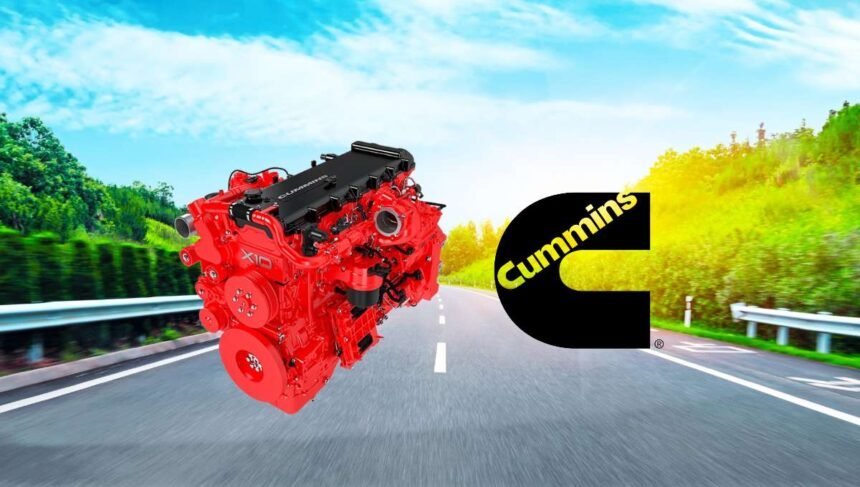Cummins, a company that makes diesel engines, has agreed to pay more than $2 billion to settle claims that it broke the Clean Air Act by using “defeat devices” to get Dodge RAM 2500 and 3500 pickup trucks to not meet emissions standards.
The deal includes the biggest Clean Air Act penalty ever for cars in the U.S.—$1.675 billion—as well as other costs for mitigation and compliance. It comes from a joint federal-state probe into how emissions cheating was done with hidden software.
Secret Software Led to Increased Pollution, Health Impacts
The Department of Justice said Cummins didn’t tell them that its diesel engines were installed in nearly 1 million RAM trucks from 2013 to 2023 with advanced engine control software.
Over 630,000 trucks from the model years 2013 to 2019 had illegal gadgets that got around emissions tests. These program features made the controls less useful when driving in real life, which increased the pollution caused by harmful nitrogen oxides (NOx).
NOx pollutants cause ozone and fine particles to form, which makes lung and heart conditions worse. Pollution hurts children and adults more than it hurts other vulnerable groups.
$1.675 Billion Civil Penalty Largest in Clean Air Act History
Under the proposed settlements with DOJ, EPA, California, and CARB, Cummins agrees to:
- Pay $1.675 billion civil penalty, the largest ever for a Clean Air Act case
- Spend over $325 million on compliance and remedies
- Initiate nationwide vehicle recall & repair program to remove defeat devices
- Provide extended warranty coverage for emission system parts
- Fund projects to offset excess NOx emissions
The total financial impact exceeds $2 billion, underscoring authorities will impose severe punishments on emissions cheating.
Software Defeat Devices Detected Through Specialized Testing
After testing specific Dodge RAM trucks, the EPA found the hidden software features. This was in response to earlier warnings to makers about plans to find possible defeat devices.
The agency tested RAM models using driving cycles that were similar to real-life driving. They found software that lowered emission controls in ways that were not allowed by normal certification test parameters.
Recall and Repair Program to Update Software, Offset Excess NOX
Under the settlements, Cummins has to work with Stellantis, the company that makes Dodge trucks, to start a recall and repair program for trucks that were affected from 2013 to 2019. Truck owners who have these trucks will also get free software changes.
The business promised to fix at least 85% of the covered cars in 3 years.
Additionally, Cummins needs to do projects that reduce excessive NOx pollution, such as:
- Replacing old diesel locomotive engines
- Reducing idling time for switcher locomotives
The company will also make payments funding NOx-reduction programs in California specifically.
DOJ Emphasizes Commitment to Environmental Law Enforcement
The prosecution of Cummins shows how strongly the DOJ is committed to following laws like the Clean Air Act that are meant to protect public health.
Attorney General Garland said that the EPA “will be aggressive” against people who put people’s health at risk by cheating on emissions tests for money.
Todd Kim, who is in charge of the environment at the DOJ, said that companies must follow the rules that protect communities from the effects of pollution.
Multi-Agency Effort Demonstrates Tough Stance on Emissions Fraud
Michael Regan, the administrator of the EPA, praised the “unprecedented collaborative effort” between federal and California officials to find the violations and hold Cummins responsible.
The agency said that its specialized emissions testing tools and enforcement program can prove beyond a doubt that makers are cheating.
CARB also pointed out that its emissions laboratory backs up claims with science analyses of emissions data.
The fact that different government departments worked together on this case shows how seriously the U.S. government is fighting emissions fraud and what will happen to people who don’t follow the rules.



